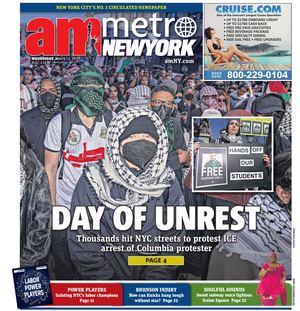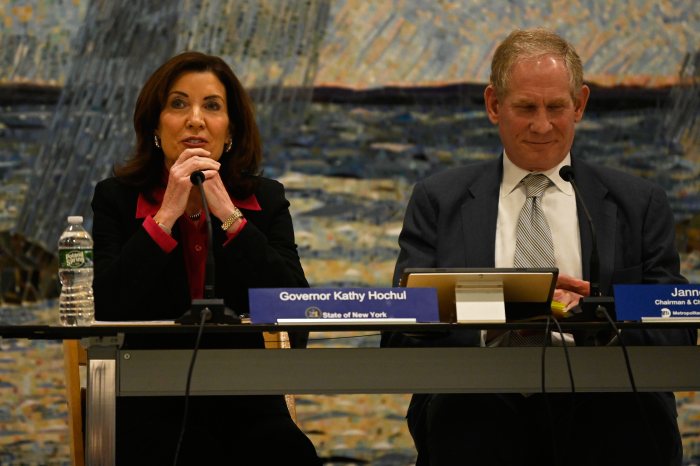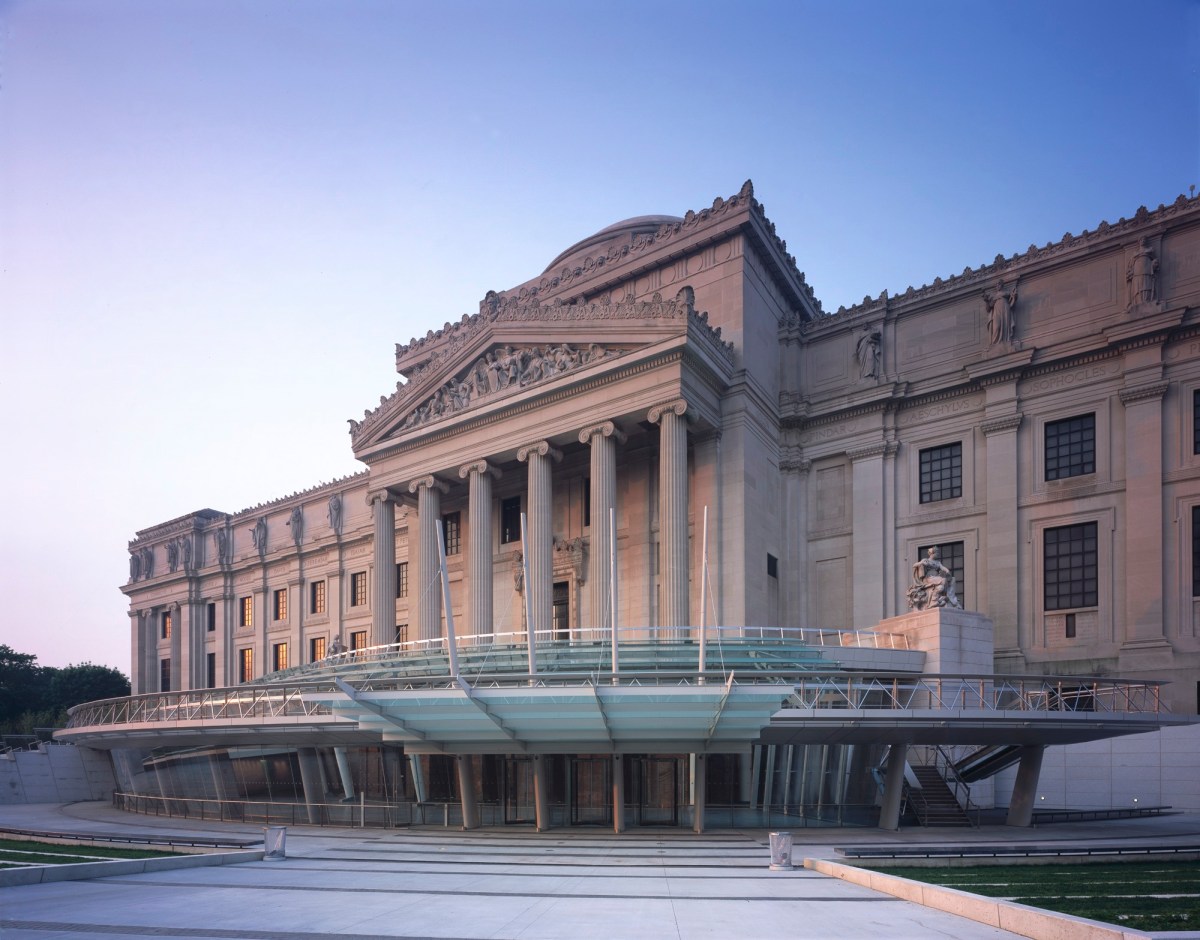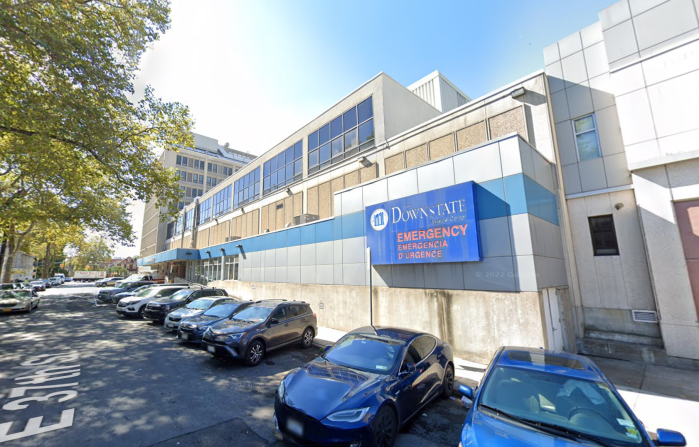
City lawmakers on Monday announced a new package of legislation aimed at combating the illegal use of parking placards among government workers.
The bills, to be introduced in the City Council on Wednesday, aim to address government workers who use their placards to park illegally — in front of fire hydrants, bus stops, crosswalks or in other restricted parking areas — which remains a common practice across the city despite Mayor Bill de Blasio’s attempted crackdown against the practice.
“Placard abuse is corruption, plain and simple, and New York City cannot tolerate it any longer,” City Council Speaker Corey Johnson said in a statement. “We are in a transportation crisis, and the question of how we allocate our street space is of paramount importance.”
There are more than 150,000 parking placards in circulation in the city. Mayor de Blasio expanded the parking perks in 2017 by adding at least 50,000 new placards to the rotation. In many areas with a large presence of municipal workers, government vehicles and other cars with state and city placards can be seen parking on sidewalks and in bike lanes without tickets in their windows.
Oftentimes agency paraphernalia, such as a worker’s vest, hat or even a branded calendar, are stuffed on a car’s dashboard to ward off tickets. Handwritten notes assuring traffic cops of the driver’s place of employment seem to work as well. Examples of such criminality have been thoroughly documented via posts from the @placardabuse Twitter account.
“As we try to fight congestion and encourage modes of transportation like buses and cycling, it is clear that cracking down on placard abuse has to be part of any serious attempt to make navigating our city easier and more efficient for all New Yorkers,” Johnson said.
Johnson is sponsoring the legislation alongside Councilmembers Kevin Powers, Richie Torres, Margaret Chin and Robert Holden.
One of the bills would require at least 50 targeted enforcement blitzes each week, driven by public complaints via 311, with the city’s Department of Investigations overseeing the efforts. A second bill would require the 311 system to accept complaints and photographs of city vehicles abusing parking privileges, while another would require enforcement officers to call for the towing of any vehicle blocking a sidewalk, crosswalk, fire hydrant, bike lane, or bus lane. A fourth focuses on the administration of the placards, and would “create a standardized application process” for city-issued permits. The fifth and final bill would prohibit city vehicles from blocking bike or bus lanes, crosswalks, sidewalks or fire hydrants unless it is an emergency — a practice that is already illegal.
The de Blasio administration is expected to unveil its own plan to further address placard abuse by the end of the month.
“We will review this legislation when it is introduced,” said mayoral spokesman Seth Stein in a statement. “The Mayor agrees that placard abuse erodes faith in government and has no place in our city.”
Outsiders have questioned the effectiveness of new enforcement-related laws, given that the city officers expected to ticket offenders work alongside those who are parking illegally. A recent post from Streetsblog, which first reported the Council’s new legislation, caught DOI workers abusing their privileges.
“We do have misgivings about entrusting DOI to oversee sweeps, given their recent statements defending the placard corruption in front of their own office,” wrote @placardabuse, which has posted anonymously in fear of police retaliation. “It looks like this is a significant step in the right direction, and hopefully any details that need tightening up will be addressed as the Council moves forward.”



































